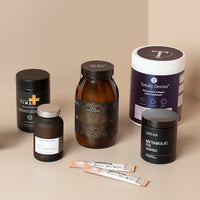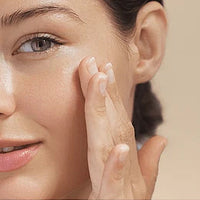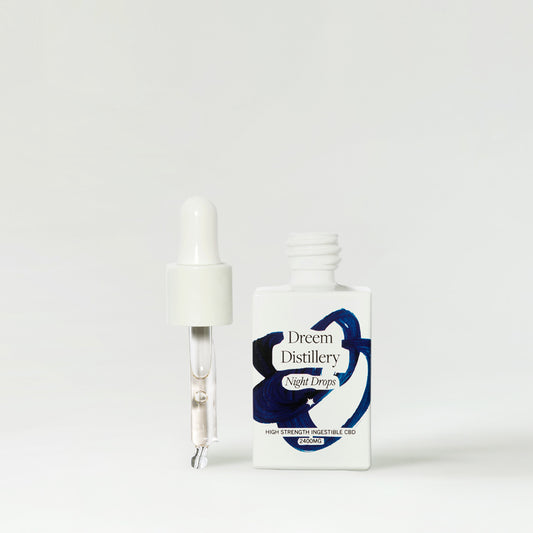Sleep and wellness are more intertwined than we think, and the importance of sleep is often overlooked. Of course, there may be nights or periods of our lives where sleep is something we struggle with, but luckily there are things we can put in place to support our sleep cycle.
Dr Yusra Al Mukhtar tells the W-edit that sleep is her one non negotiable. She says, “I just cannot neglect my sleep. A bad night’s sleep dictates so many factors for me the next day and sometimes even the following days, such as my mood, diet choices, energy levels and productivity.”
Most adults need around 7 to 9 hours of sleep each night. However, according to Nuffield Health, UK adults are only getting around 5.91 hours per night. Dr Yusra says, “I hear a lot of people say, “I can function X amount of hours of sleep”, however there is a huge difference between functioning and feeling our best”.
What is REM sleep?
Dr Yusra says, “REM sleep stands for rapid eye movement, during this stage our muscles are the most relaxed and the heart rate is elevated. We should be going through around 3-5 cycles of REM per night. Although all sleep is important, REM plays a key part in emotional processing, our ability to learn, memory consolidation and problem solving.”
Dr Yusra goes on to discuss what practices she has in place to support her sleep:
- Eat at least two hours before
“I will never eat less than two hours before I go to bed, as this can impact the quality of sleep and how long it takes to get to sleep. Our body needs time to digest the food, and lying down can make this harder.”
- Consistency .
“Our circadian rhythm requires consistency. Going to bed at the same time each night will allow for a better quality of sleep, as well as allowing us to sleep for longer and requiring less time to fall asleep.”
- Blue light
“Blue light plays an important role in the sleep-and-wake cycle. We need to limit our exposure to blue light as much as we can, this includes TVs, smartphones and computers. Melatonin is a natural hormone, when our body releases melatonin we start to wind down and prepare for sleep. However, exposure to blue light can stop the release of melatonin.
- Magnesium
“Magnesium supplements can improve sleep quality and reduce tiredness throughout the day. Research suggests that magnesium can promote the production of melatonin and reduce cortisol, a stress hormone.”












